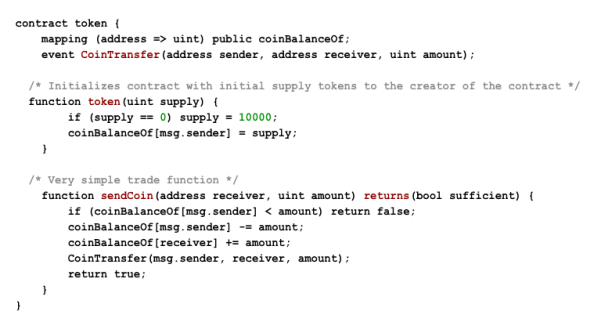
Jengas Coin Blog
Should I invest in cryptocurrencies?
Cryptocurrencies are now considered to be one of the best investment decisions.
These are some of the reasons:
- To increase net worth. The alarming value loss of most currencies makes many people consider a better way to hedge their money. As a result, they turn to cryptocurrencies as a better alternative.
- Technology. The technology behind cryptocurrencies is amazing. It offers you a currency that can be used regardless of where you live in the world, unless a government decided to take a hand on it, of course
- Track record. Ever since Bitcoin, the first cryptocurrency ever created, was launched back in 2008, investors in the digital currencies have benefited immensely from the surge in prices of the currency over time. Therefore, investing in crypto assets offers you the chance to increase your financial situation over time.
What are the risks?
Some of the issues you might want to consider before investing:
- Bubble accusations. Some business experts believe that cryptocurrency is a bubble and will never pass the test of time. JP Morgan CEO is one of them, for instance. Traditional financial investors seem to think that since digital currencies are not backed by anything and have a high level of volatility, they cannot compete with fiat money and thus will never replace it.
- Volatility. This point is of a high concern. With big volatility jumps you may earn a lot of money but you can also lose a lot in an instant. Take a look at the Bitcoin price over the last three months as an example.
- Legal aspects. Not all the countries in the world have officially recognized the digital currency as a currency yet. So you may find it impossible to open a cryptocurrency wallet in some countries or to pay in digital currencies at a groceries store. Also, if you some of your income is in cryptocurrency you may face difficulties declaring taxes, as most of the governments have figured out what to do about it yet.
What cryptocurrency should I invest in?
Tricky question.
There are a lot of factors to consider before investing. Let’s take a look at the most crucial ones.
- Acceptability. Before you invest in a crypto asset, consider how many countries recognize and accept it as a legal means of exchange?
- Portability. A digital coin must be portable. You should be able to carry it easily from one place to another without much challenge.
- Security. It must also be secure. This is a characteristic of all legal currencies. From the USD to the Euro, security is a common quality. So, a good digital currency must also be secure.
Over the years, a lot of digital currencies have been launched with each promising to be the most valuable. Let’s take a look at the ones we cover most often:
- Bitcoin. Bitcoin has proven to be the most valuable cryptocurrency to invest in. It offers high Return on Investment (ROI). Nevertheless, as mentioned before, it is not immune to volatility jumps.
- Ethereum. Ethereum is the second largest digital currency by the market capitalization and by the current price.
- Litecoin. Litecoin has been one of the most stable crypto currencies so far. In fact, it is often called “the main hedge asset of the crypto market” among crypto traders, although it was affected by the news of the China ICO ban.
- Ripple. Ripple is quickly climbing the ranks in terms of market cap. In less than two months, my 20 cent-per-ripple investment has grown to just north of $1 per coin. Ripple has done a great job of pitching their platform to companies with deep pockets, including Amex and others. Rumors of it’s very-near-future launch on Coinbase further fuels it’s growth.
There a lot of other potentially interesting cryptocoins to invest to. Do your own due diligence before deciding.
How to start investing in crypto assets?
Take the following steps:
- Decide what you want to invest in. The first step to take is to decide what cryptocurrencies to invest in. Since there are more than thousand of them, making a decision on which one to buy is crucial.
- Set aside some money for investment. Everything requires planning and goal setting. So, the second step to take is to decide how much you would like to invest in crypto assets either weekly or monthly. Keep aside the amount you wish to invest and watch out for the right time to invest it.
- Sign up for a cryptocurrency wallet. You’ll need a wallet address with which to request and receive the coins you will buy. There are different types of wallets such as Bitcoin wallet, Ethereum wallet, etc.
- Join an exchange. Now that you have signed up for a cryptocurrency wallet, you still have to join an exchange because this is where you will be trading. There are a lot of exchanges, like Bitfinex, Bittrex, Coinbase, etc. I personally recommend Coinbase for both it’s ease of use and stability.
- Purchase your cryptocoins. After creating an account at an exchange, it’s time to start buying. If you have no idea how to do this, get in touch with the support team and they will be glad to guide you.
- Move your coins to offline hardware storage. An offline hardware storage will help you store the coins off the internet servers where they are protected from hacking.
Please note that investing in crypto assets is risky. You should conduct your own research when making a decision.









